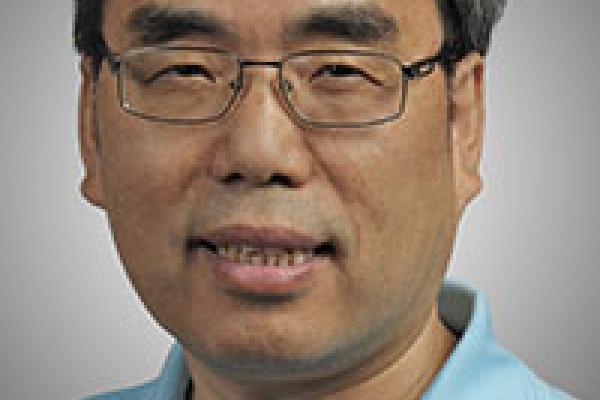
Attosecond light pulses have enabled the study of electron-electron interaction on its natural time scale for the first time. Attosecond spectroscopy has so far focused on time-resolved measurement of free electrons ionized by an isolated attosecond pulse in the presence of an external infrared laser field. However, observation and control of attosecond dynamics in atoms, molecules and condensed matter requires access to the bound electrons. I will present attosecond transient absorption measurements of bound state dynamics in noble gas atoms and hydrogen molecules, uncovering fast laser-induced dynamics in the electronic and vibrational wavepacket motion which evolve on the attosecond to few-femtosecond timescale. I will also introduce the next generation attosecond light sources currently being developed.
